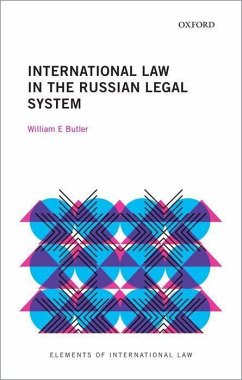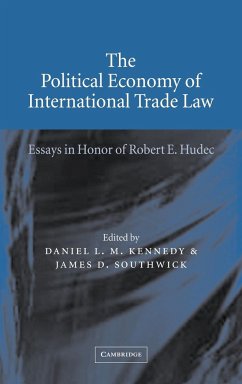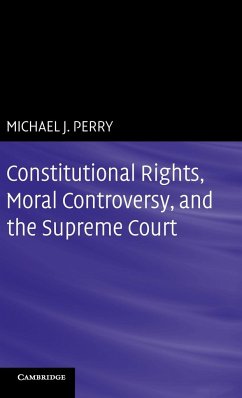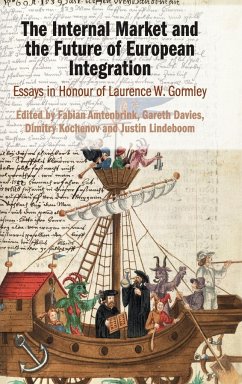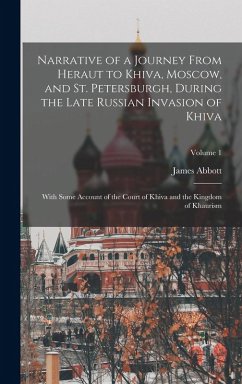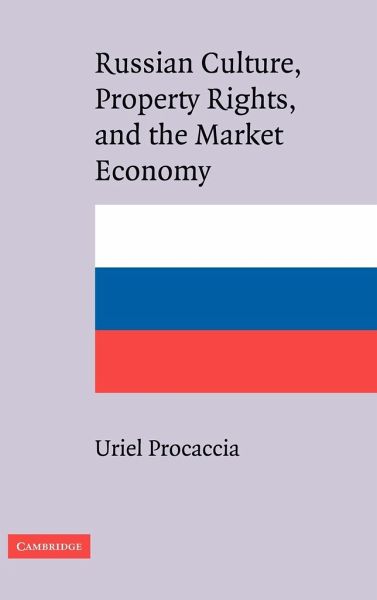
Russian Culture, Property Rights, and the Market Economy
Versandkostenfrei!
Versandfertig in 1-2 Wochen
70,99 €
inkl. MwSt.

PAYBACK Punkte
35 °P sammeln!
The Russian Federation is struggling, since Perestroika and the Glasnost, in a futile attempt to become a 'normal' member in the occidental family of market economies. The attempt largely fails because corporations do not live up to Western standards of behavior, and private contracts are often not respected. What is the cause of Russia's observed difficulties? It is commonly believed that these difficulties are an expected outcome of a rocky transition from a Marxist, centrally planned system, to a market based economy. This book challenges the accepted wisdom. In tracing the history of contr...
The Russian Federation is struggling, since Perestroika and the Glasnost, in a futile attempt to become a 'normal' member in the occidental family of market economies. The attempt largely fails because corporations do not live up to Western standards of behavior, and private contracts are often not respected. What is the cause of Russia's observed difficulties? It is commonly believed that these difficulties are an expected outcome of a rocky transition from a Marxist, centrally planned system, to a market based economy. This book challenges the accepted wisdom. In tracing the history of contract and the corporation in the West, it shows that the cultural infrastructure that gave rise to these patterns of economic behavior have never taken root on Russian soil. This deep divide between Russian and Western cultures is hundreds of years old, and has little, if anything to do with the brief, seventy-year-long experimentation with overtly Marxist ideology. The transformation of Russia into a veritable market economy requires much more than an expensive and difficult transition period: it mandates a radical change in her cultural underpinnings. The book's main thesis is supported by an in-depth comparison of Western and Russian theology, philosophy, literary and artistic achievements, musical and architectural idioms and folk culture.





